BT offers to invest up to £600m to provide universal high-speed broadband
The company's offer would replace new regulation proposed by the government


The UK government announced today that BT has offered to provide a universal high speed broadband of a minimum of 10 Mbps to homes and businesses from all parts of the UK by 2022.
As part of this initiative, BT offered to "voluntarily provide" the service across the country, mainly through Openreach. The proposal outlines that BT would fund the investment and recover its costs "through the charges for products providing access to its local access networks".
It's expecting to invest 450-600 million in the proposal, something the government is interested in as BT would proactively build the infrastructure instead of waiting for households and businesses to request it, which is what would normally happen under the Universal Service Obligation (USO).
Digital Minister Dan Hancock told The Telegraph that bills may rise as a result of the deal. He stated: "Nothing is going to be paid for by taxpayers here. We have already subsidised superfast broadband to the tune of 1.7bn."
"It's likely that it'll be paid for through every broadband bill" he added.
Culture secretary, Karen Bradley, said: "The government is taking action to ensure that people everywhere in the UK can get a decent broadband connection as soon as possible. We warmly welcome BT's offer and now will look at whether this or a regulatory approach works better for homes and businesses."
The government has to consider whether to take up BTs offer or revert back to its USO, which it has already committed to.
Sign up today and you will receive a free copy of our Future Focus 2025 report - the leading guidance on AI, cybersecurity and other IT challenges as per 700+ senior executives
BT CEO Gavin Patterson said the company was pleased to make a voluntary offer to deliver the government's goal for universal broadband access.
He added: "This investment will reinforce the UK's status as the leading digital economy in the G20. We already expect 95% of homes and businesses to have access to superfast broadband speeds of 24Mbps or faster by the end of 2017. Our latest initiative aims to ensure that all UK premises can get faster broadband, even in the hardest to reach parts of the UK."
Quocirca analyst Clive Longbottom highlighted how the government has made numerous promises to raise internet speeds over the past 20 years.
"In 2013, the government promised superfast broadband to 95% of the population by December this year, with a universal 2Mb/s by the same date. This was abandoned in 2016. David Cameron promised a universal right to a minimum of 10Mb/s this seemed to die a very quick death, until being brought back up in the Digital Economy Act by Karen Brady this year," he told IT Pro.
Longbottom pointed out that, however good the intention, the 2022 deadline "pushes out the original commitment by 5 years hardly pushing the limits".
Longbottom underlined how the government's own figures show we are only at 93% broadband penetration so far. In order to meet the 99% promise, it will have to ensure 1.5 million homes have access to the new technology.
"Openreach reckons that it can introduce this mix of technologies at a cost of no more than 400 per home. If this is the case, why hasn't it been done before?" he said.
Ofcom states that around 1.4 million households cannot get speeds over 10Mbps. The figure is disputed by some MPs who claim there are a further 5.3 million who have not chosen to opt in for faster broadband services as well as some who may not be able to get 10Mbps speeds, according to the BBC.
Last week Openreach rival Hyperoptic raised 100 million to expand its network in the UK. Four European banks invested in the company: BNP Paribas, ING, RBS and Dutch investment bank NIBC. It is hoping to expand its full-fibre broadband and reach five million homes by 2025.
Zach Marzouk is a former ITPro, CloudPro, and ChannelPro staff writer, covering topics like security, privacy, worker rights, and startups, primarily in the Asia Pacific and the US regions. Zach joined ITPro in 2017 where he was introduced to the world of B2B technology as a junior staff writer, before he returned to Argentina in 2018, working in communications and as a copywriter. In 2021, he made his way back to ITPro as a staff writer during the pandemic, before joining the world of freelance in 2022.
-
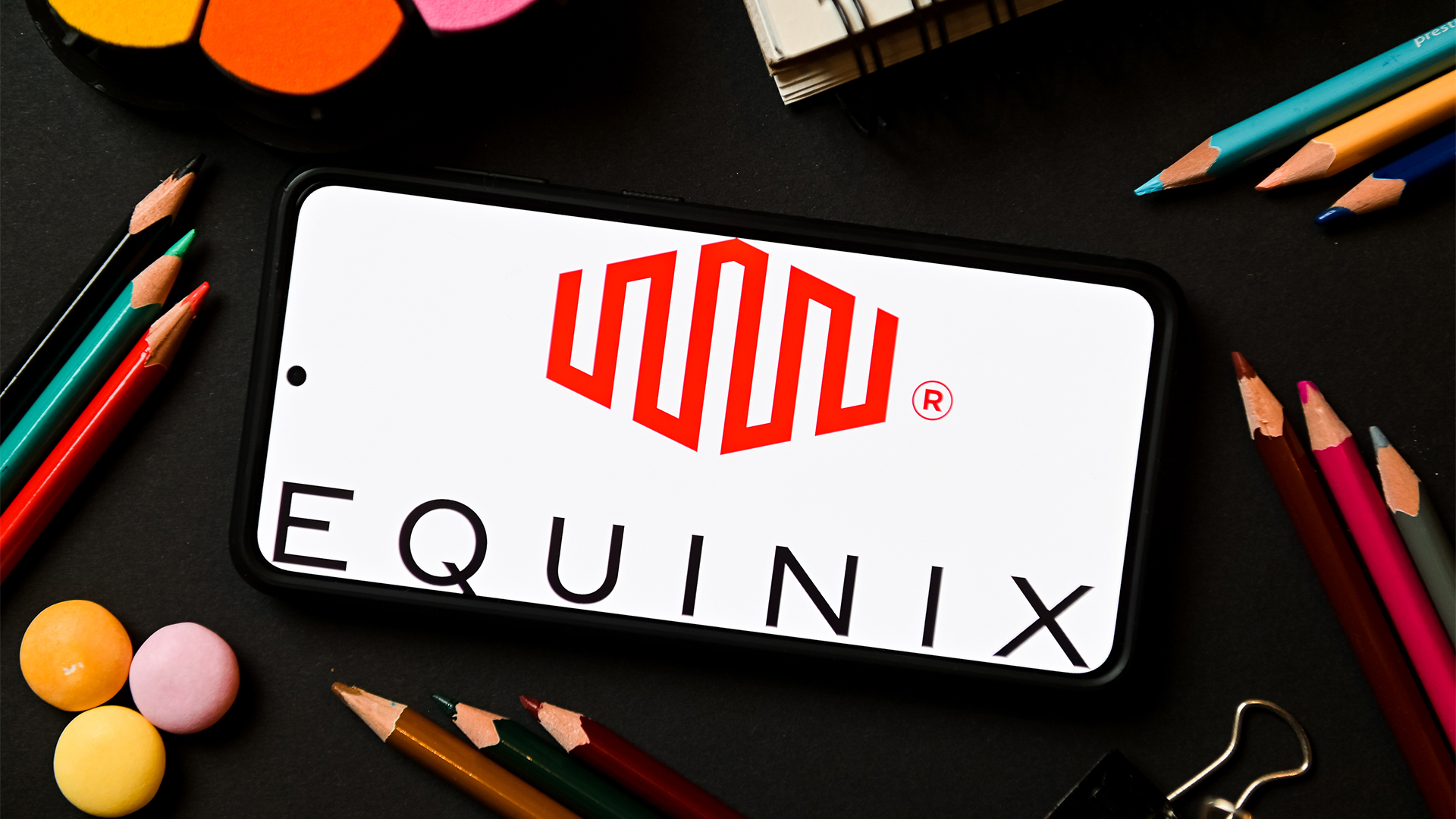 Equinix acquires BT's Irish data centers in €59 million deal
Equinix acquires BT's Irish data centers in €59 million dealNews As BT moves to an asset-light business model, Equinix looks to expand
-
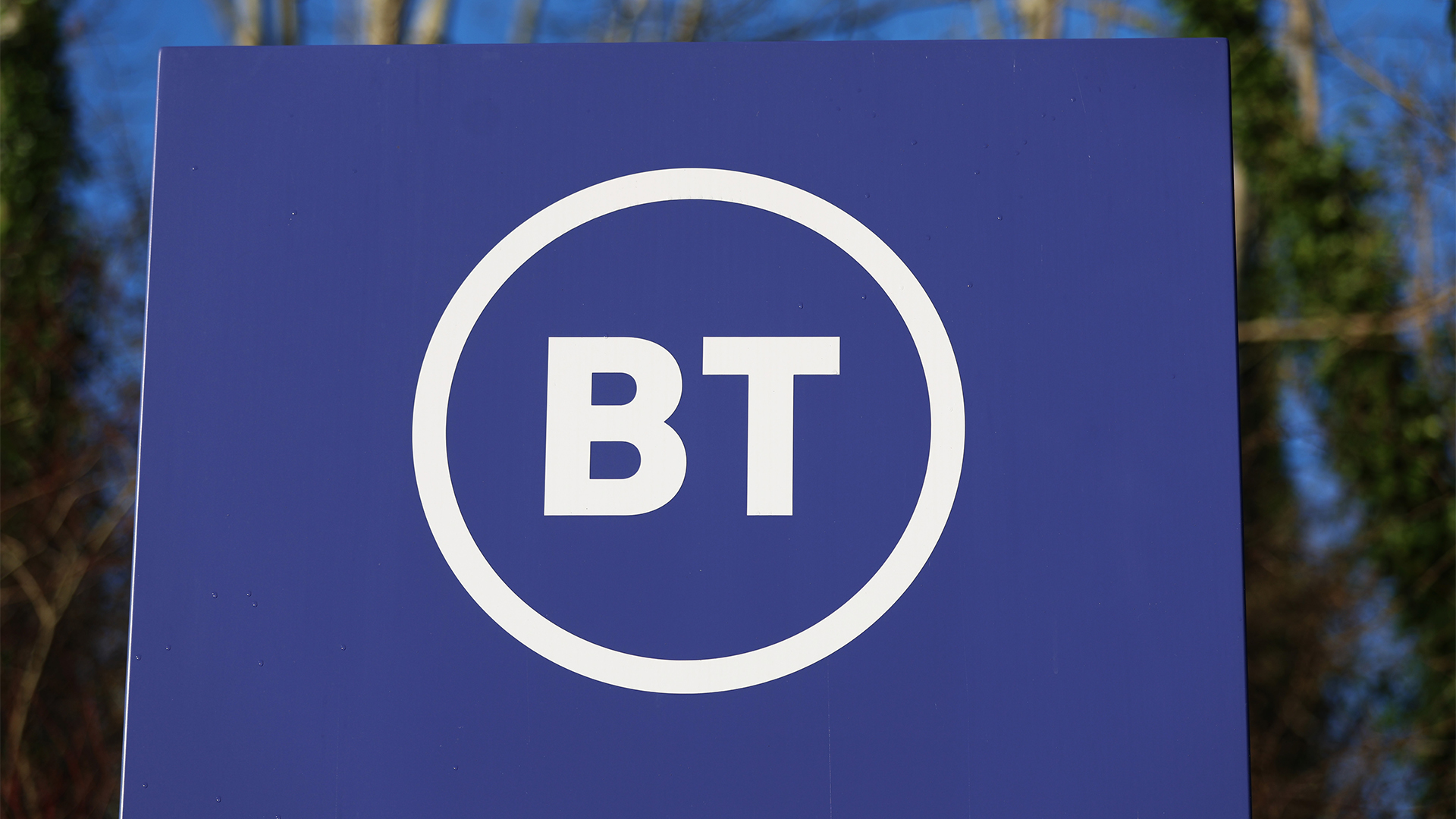 BT just extended the PSTN switch-off deadline — here’s what you need to know
BT just extended the PSTN switch-off deadline — here’s what you need to knowNews BT described the move as a “revision”, citing a series of improvements to the wider PSTN switch-off programme
-
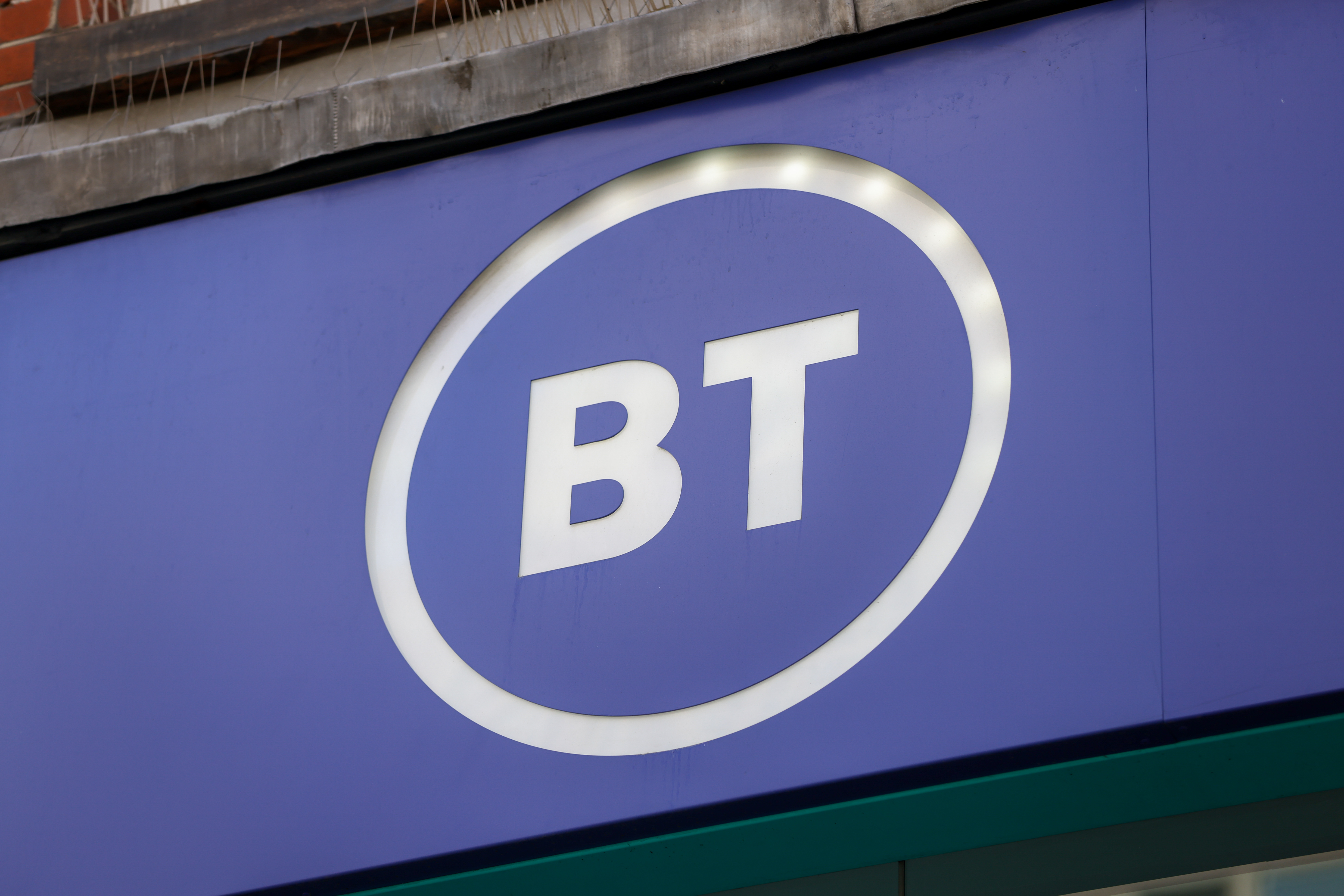 BT misses key Huawei kit removal deadline, but the telco is “almost over the line”
BT misses key Huawei kit removal deadline, but the telco is “almost over the line”News BT is still reliant on non-compliant Huawei equipment for 2G and 3G services
-
 Ofcom net neutrality update dismisses calls for big tech contributions
Ofcom net neutrality update dismisses calls for big tech contributionsNews Ofcom’s net neutrality stance has been criticized by some industry stakeholders
-
 BT partners with HPE to deliver new global managed LAN service
BT partners with HPE to deliver new global managed LAN serviceNews The latest collaboration combines BT’s connectivity expertise with HPE Aruba Networking’s latest LAN solutions
-
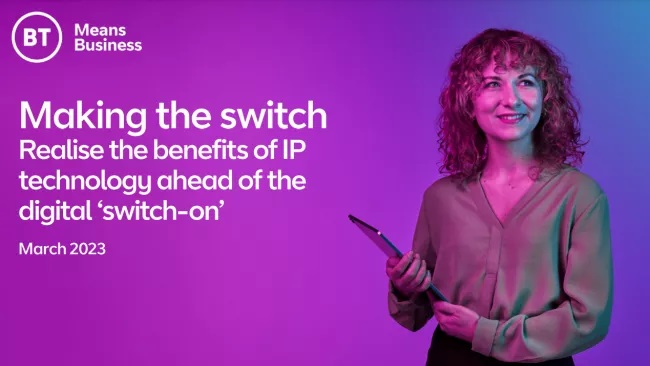 Making the switch
Making the switchWhitepaper Realise the benefits of IP technology ahead of the digital ‘switch-on’
-
 BT and OneWeb succeed in "game changer" satellite connection trial
BT and OneWeb succeed in "game changer" satellite connection trialNews Smaller businesses in rural areas could benefit from improvements to backhaul services using satellites, with speeds increasing by an order of magnitude
-
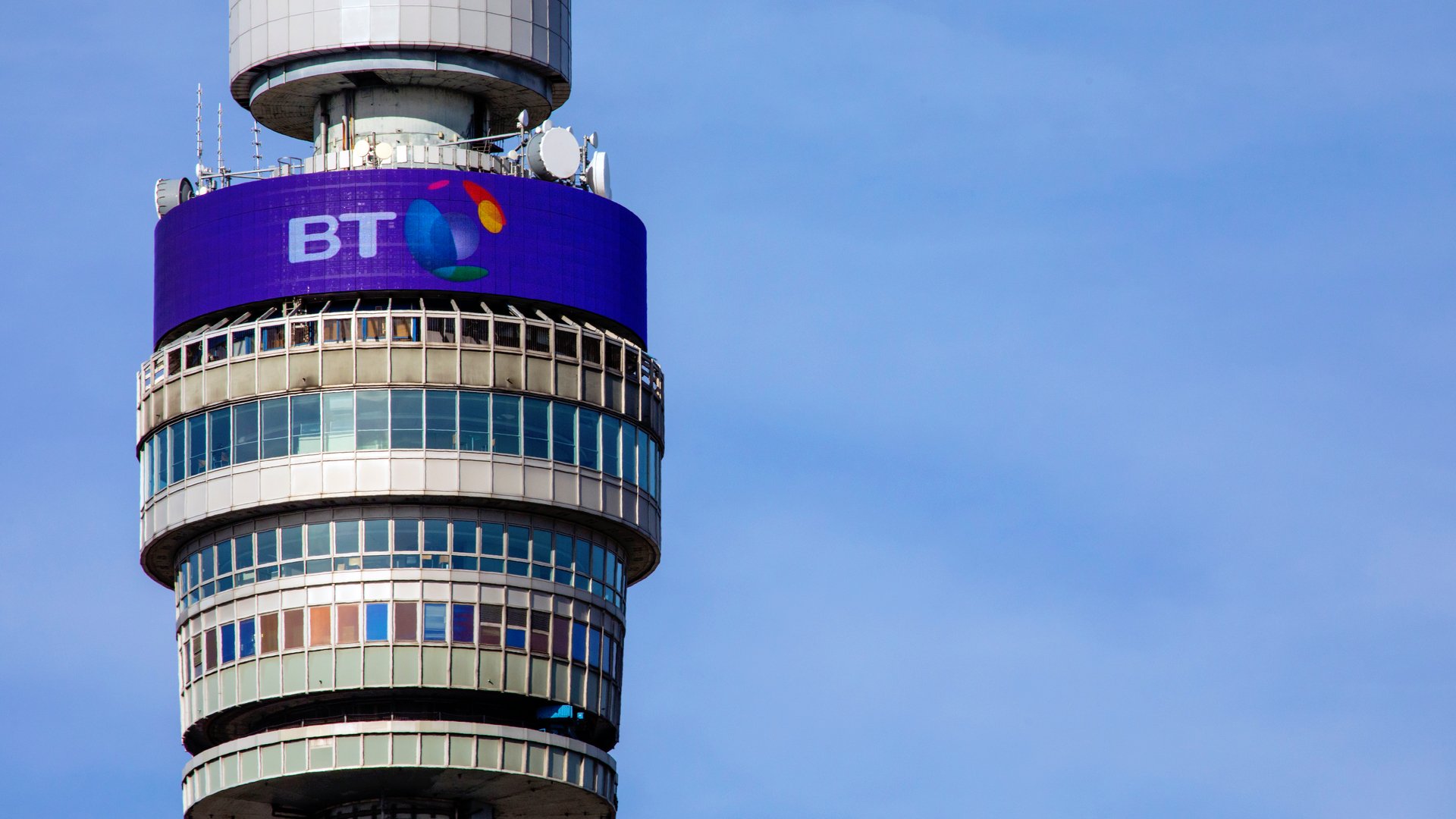 BT, Nokia crack four carrier aggregation on a 5G network in first for Europe
BT, Nokia crack four carrier aggregation on a 5G network in first for EuropeNews The breakthrough marks the first successful use of such technology on a live network, and could lead to dramatic network improvements


